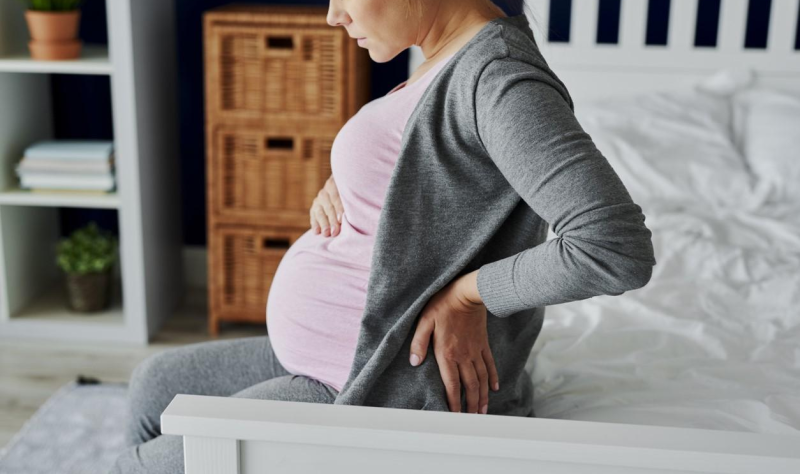Kids exposed to COVID in utero may be at higher risk for autism, other brain problems
But the overall odds are likely low and may well have ebbed since the pandemic peak.


Boys were at 43% higher risk than girls, and the risk was greatest (36%) when exposure occurred during the third trimester. Other risk factors were Hispanic ethnicity, public insurance, preterm birth, and delivery in an academic medical center rather than a community hospital.
The most common diagnoses were speech and language disorders, developmental motor-function disorder, autism, and disorders of psychological development disorders. COVID-19 infection during pregnancy was associated with a higher rate of preterm delivery (13.5% vs 10.0%) and slightly lower birth weights.
“These findings highlight that COVID-19, like many other infections in pregnancy, may pose risks not only to the mother, but to fetal brain development,” senior author Andrea Edlow, MD, of Mass General Brigham, said in a news release. “They also support the importance of trying to prevent COVID-19 infection in pregnancy and are particularly relevant when public trust in vaccines—including the COVID-19 vaccine—is being eroded.”
Lead author Lydia Shook, MD, said that parents should be aware of potential adverse neurodevelopmental outcomes after COVID-19 infection during pregnancy: “By understanding the risks, parents can appropriately advocate for their children to have proper evaluation and support.”
Risks may have waned over time
But Michael Osterholm, PhD, MPH, director of the Center for Infectious Disease Research and Policy (CIDRAP, publisher of CIDRAP News) at the University of Minnesota, cautioned that the study findings may not apply today, just as the risk of other immune-related clinical phenomena seen in early COVID-19 cases (eg, myocarditis [inflammation of the heart muscle], multisystem inflammatory syndrome in children [MIS-C]) has plummeted.


.jpg)
